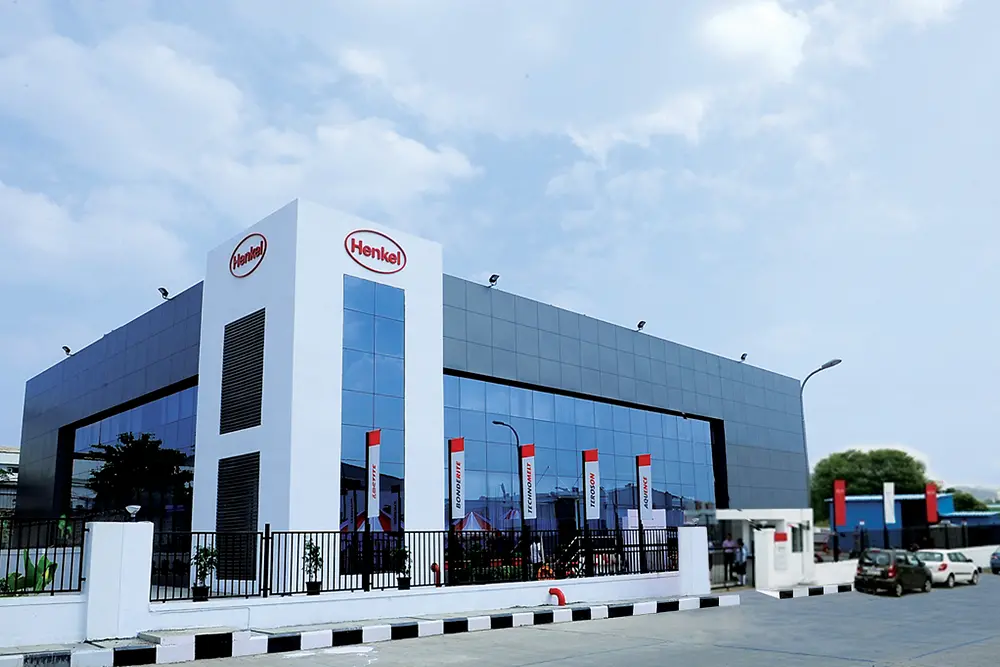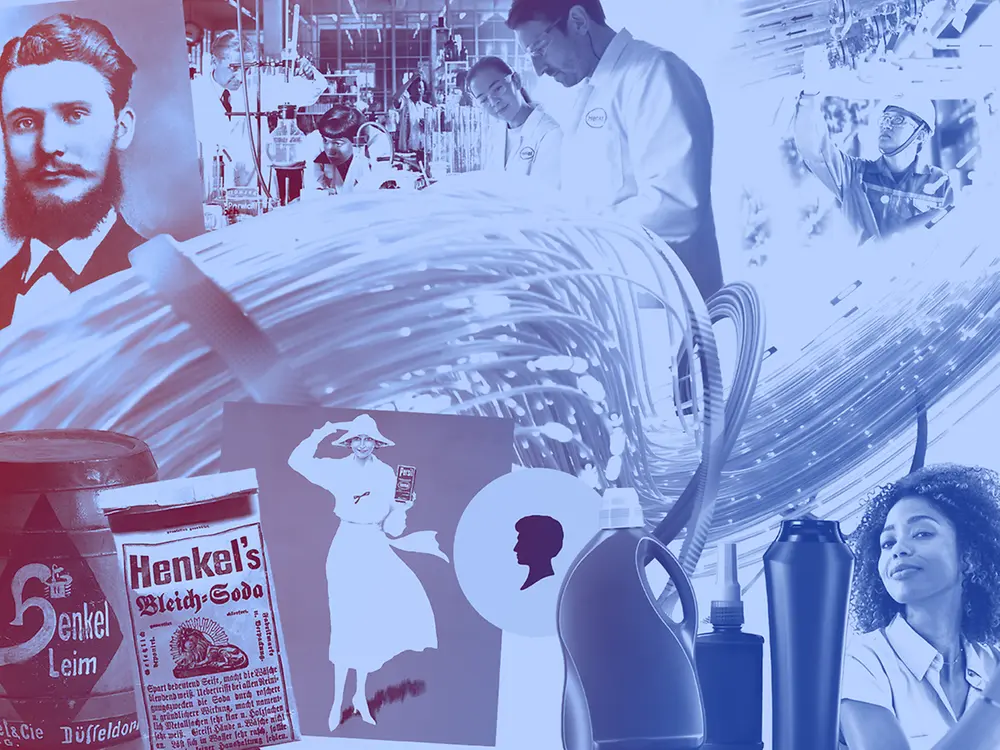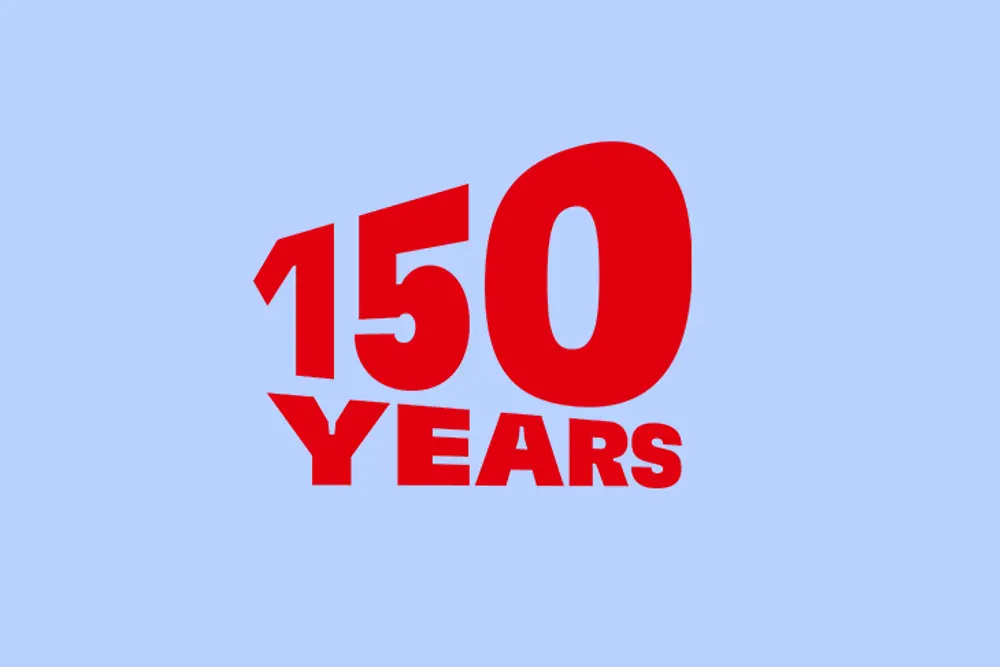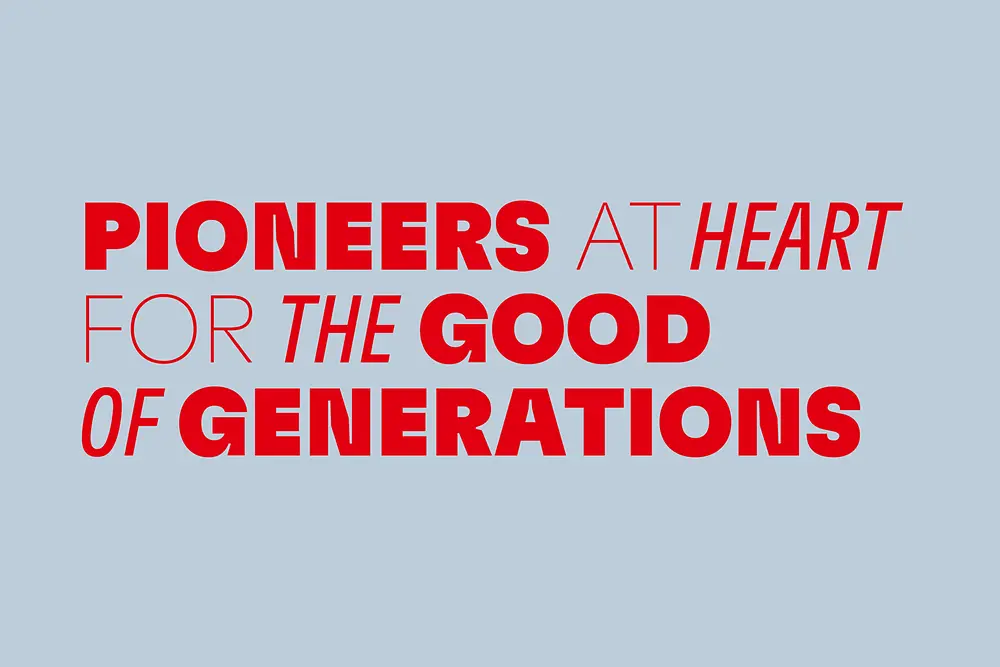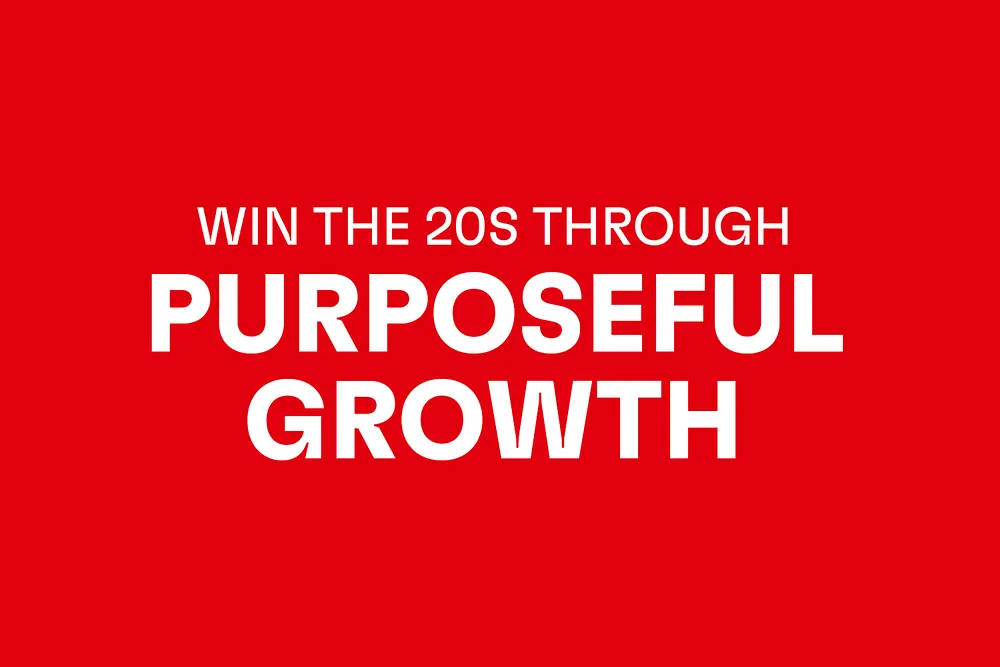Discover the brands and technologies from our business units Henkel Adhesive Technologies and Henkel Consumer Brands.

Technology Center Mumbai
The Technology Center Mumbai, an innovation and customer center for the IMEA region, drives close collaboration with customers and partners to develop new sustainable solutions for local markets.


